The bill for climate change impacts should be shared
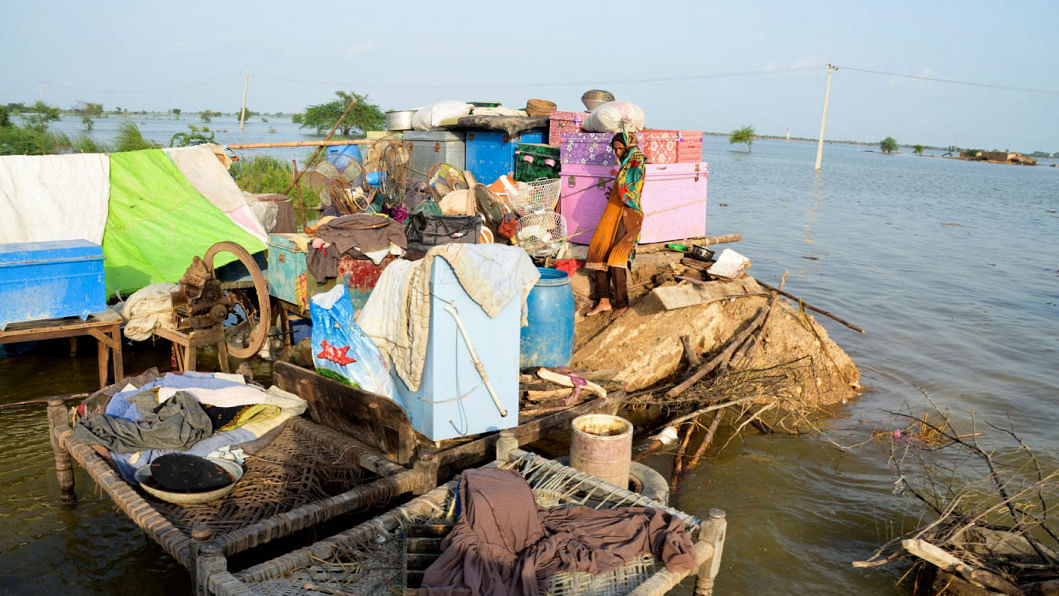
The impacts of climate change are upon us. Recently, devastating floods in neighbouring Pakistan have killed more than 1,000 people, leaving many more homeless.
This tragedy followed the deadly floods that hit northeastern India and Bangladesh earlier in May. More than nine million people in both countries were affected, and around 300 were killed. Millions of people across the affected areas were left in urgent need of food and medicine.
Climate change is also impacting business and industry. This was brought into sharp focus in my own industry, garment production, with the Pakistan floods. Recent news reports show these floods severely damaged the country's cotton crop. Local dispatches indicate that around 40-45 percent of the cotton crop is submerged (at the time of writing this article) in the major cotton production areas of Punjab, Sindh, and Balochistan.
This could potentially lead to a sizeable reduction in cotton output, placing further supply pressures on the global market and raising prices. This will, in theory, affect Bangladeshi garment makers if the global price of cotton increases. Meanwhile, a drought in the US has also reduced the cotton crop there this year, impacting global cotton prices and hitting garment makers in Bangladesh and other southeast Asian countries.
In the wake of the Pakistan floods, the country's minister for planning and development, Ahsan Iqbal, said Pakistan was a victim of climate change caused by the "irresponsible development of the developed world."
"Our carbon footprint is the lowest in the world," Iqbal said. "The international community has a responsibility to help us, upgrade our infrastructure, to make our infrastructure more climate resilient, so that we don't have such losses every three, four, five years."
This got me thinking about the nature of climate change, what causes it, where it has the biggest impacts and who is left to foot the bill. It's hard to avoid the feeling right now that countries such as Bangladesh, India, and Pakistan are getting a raw deal where these issues are concerned.
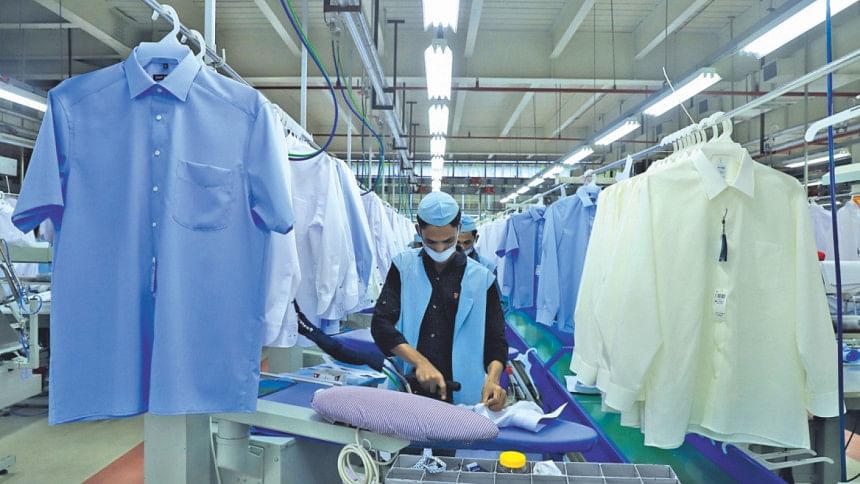
If one looks at typical carbon footprints by country, as a general rule, the highest emissions come from the most developed countries and from oil producers. Among high emitters are the US (around 15 tonnes of CO2 emissions per capita), Canada (14.9 tonnes), Japan and Germany (both around nine tonnes), and the UK (5.6 tonnes).
For context, figures for Bangladesh and Pakistan are 0.47 and 0.87 metric tonnes per capita, respectively. Many other garment production hubs, which in several cases are lesser developed countries (LDCs), have relatively low CO2 emissions.
There is an irony here, however. While the likes of Bangladesh might be relatively low in emitting CO2, there is no doubt we are disproportionately impacted by climate change. Earlier this year, a study by the World Economic Forum found lower- and middle-income countries are most likely to face GDP losses due to climate change, with South Asia most at risk.
The study said Bangladesh, India, Pakistan and Sri Lanka's exposure to wildfires, floods, major storms and also water shortages mean South Asia has 10-18 percent of GDP at risk, roughly triple that of North America and 10 times more than the least-affected region, Europe.
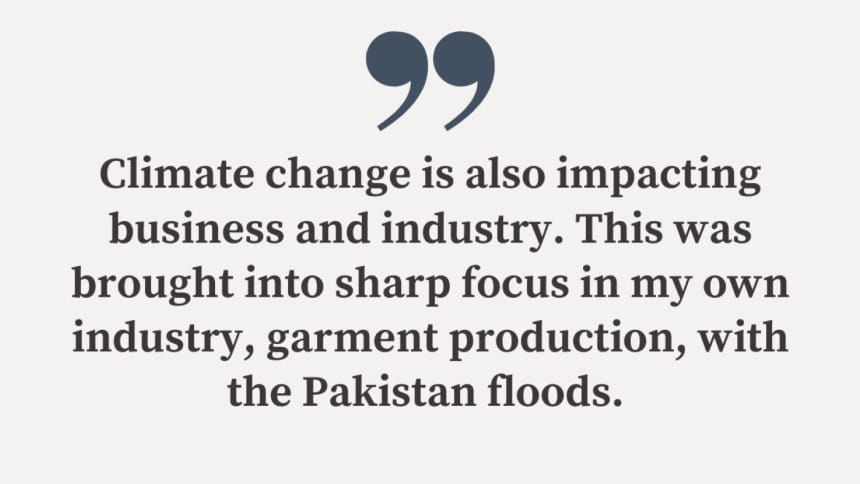
I believe Bangladesh should stand on its own two feet as an economy wherever possible and ensure that we are not constantly asking for handouts from the global community. At the same time, it seems unfair that poor countries such as ours should have to foot the bill for a problem which is not necessarily of our making. To this end, I think Pakistan's planning and development minister is correct when he says that his country is a victim of climate change caused by the "irresponsible development of the developed world." His frustration is perfectly understandable.
I have no doubt that many Western countries are now attempting to reduce their CO2 emissions and associated climate impacts via net-zero strategies. Some are having considerable success with this and emissions are falling.
But, as we have already seen in recent years, the damage is – to some extent – already done and countries such as ours are witnessing the climate impacts of rapid industrial development in the West (and, of course, China in the past two decades).
As far as my own industry goes, if fashion brands want to continue sourcing cheap clothing from Bangladesh (which I sincerely hope they do), they may wish to consider supporting us with infrastructure and related challenges in the coming years as climate change impacts become more real. I have no doubt extreme weather will impact all our lives, as well as industries such as garment production.
If we want to maintain consistent production, we may need support with industrial upgrading, investment and other measures to ensure our industry is climate-change-proof.
Likewise, there will be years when raw materials' prices go through the roof (as they have done this year) and, again, climate change could well be a reason why. Will fashion brands be prepared to pay higher prices for products to support the extra cost of these inputs for suppliers? Again, I hope they will conclude that this is the fair and right thing to do.
Climate change is a problem which was (largely) made in the West, but we are feeling its impacts in countries like ours more than ever. We can't bear the financial burden of these impacts on our own. Sharing them with global value chains seems the fairest and most sensible way forward.
Mostafiz Uddin is managing director of Denim Expert Limited. He is also the founder and CEO of Bangladesh Denim Expo and Bangladesh Apparel Exchange (BAE).

 For all latest news, follow The Daily Star's Google News channel.
For all latest news, follow The Daily Star's Google News channel. 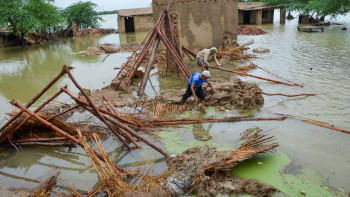
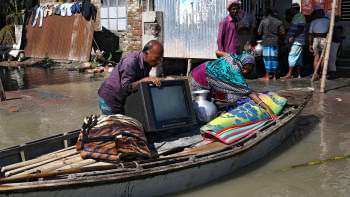



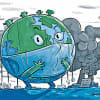




Comments